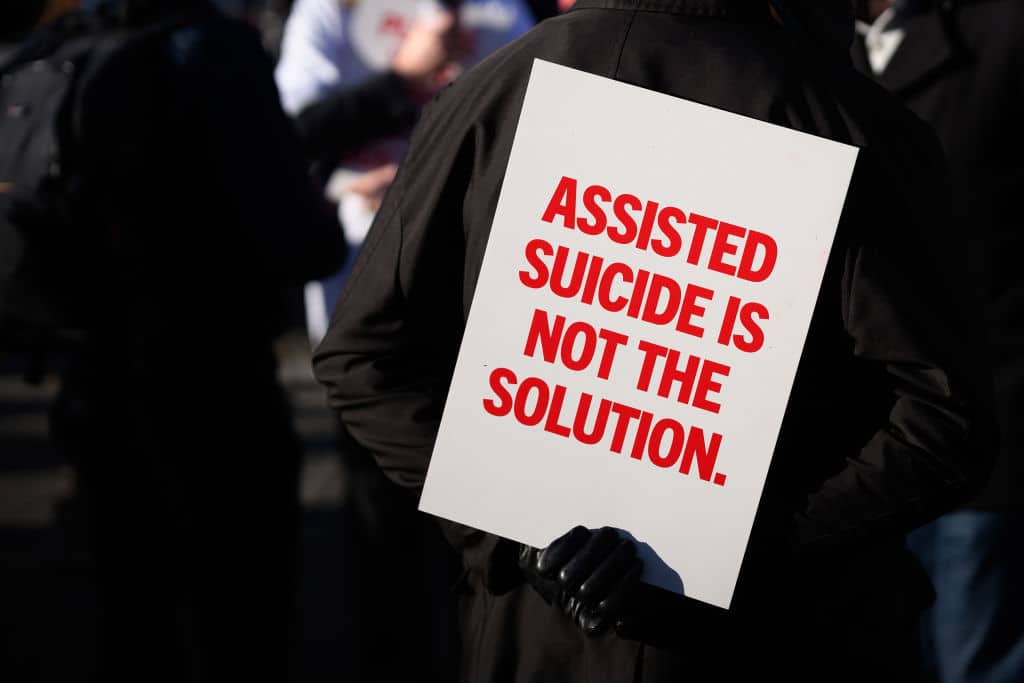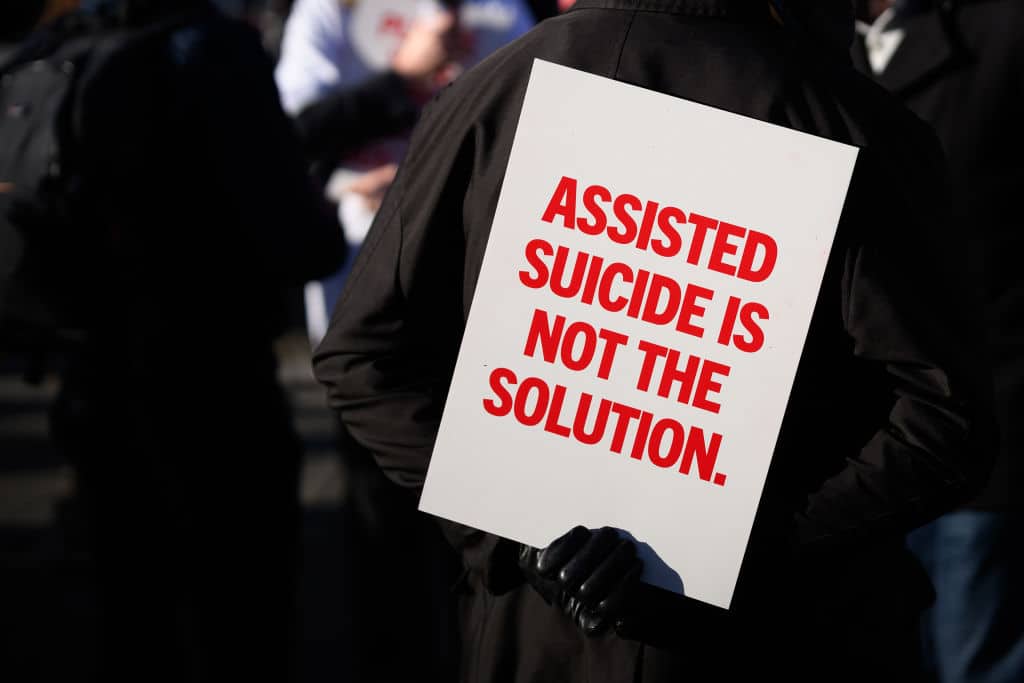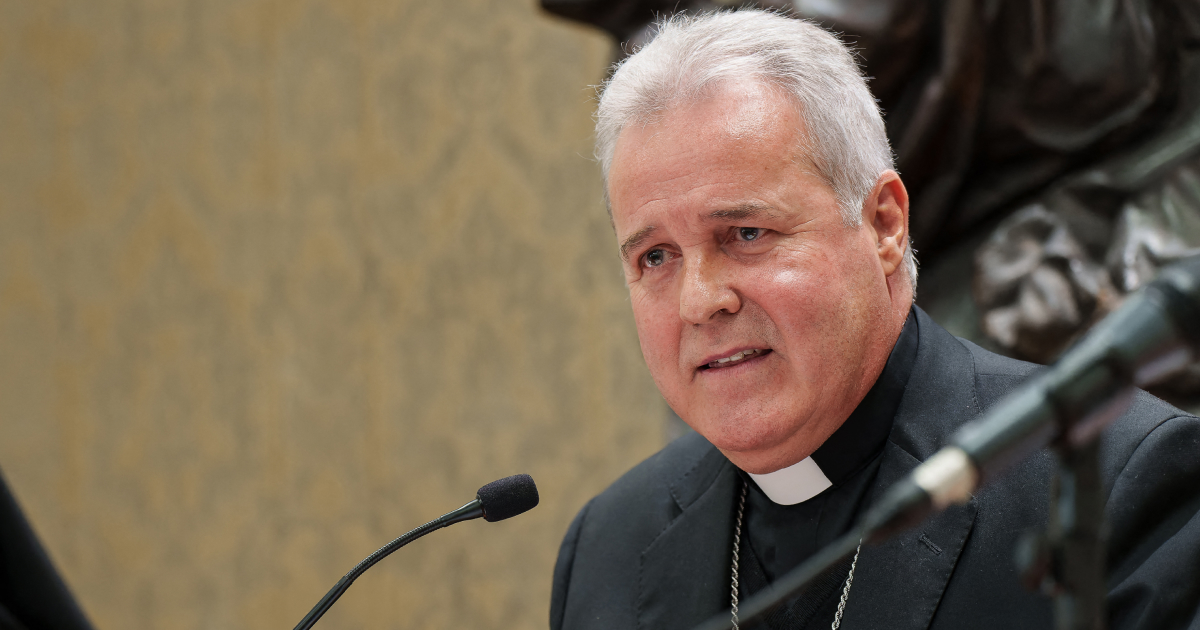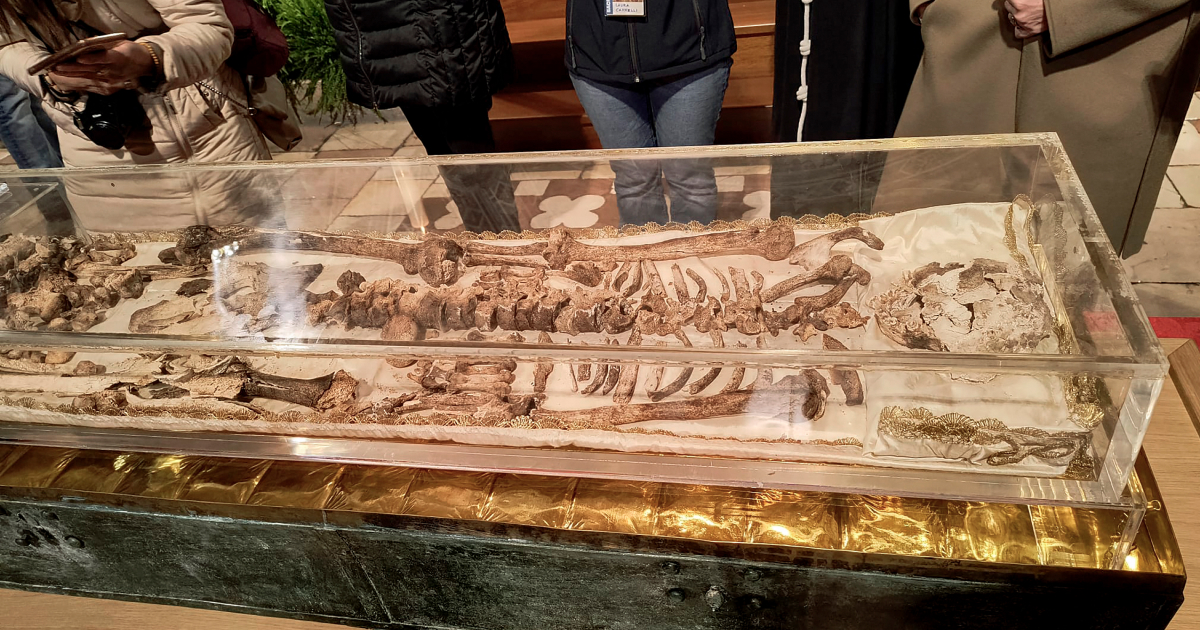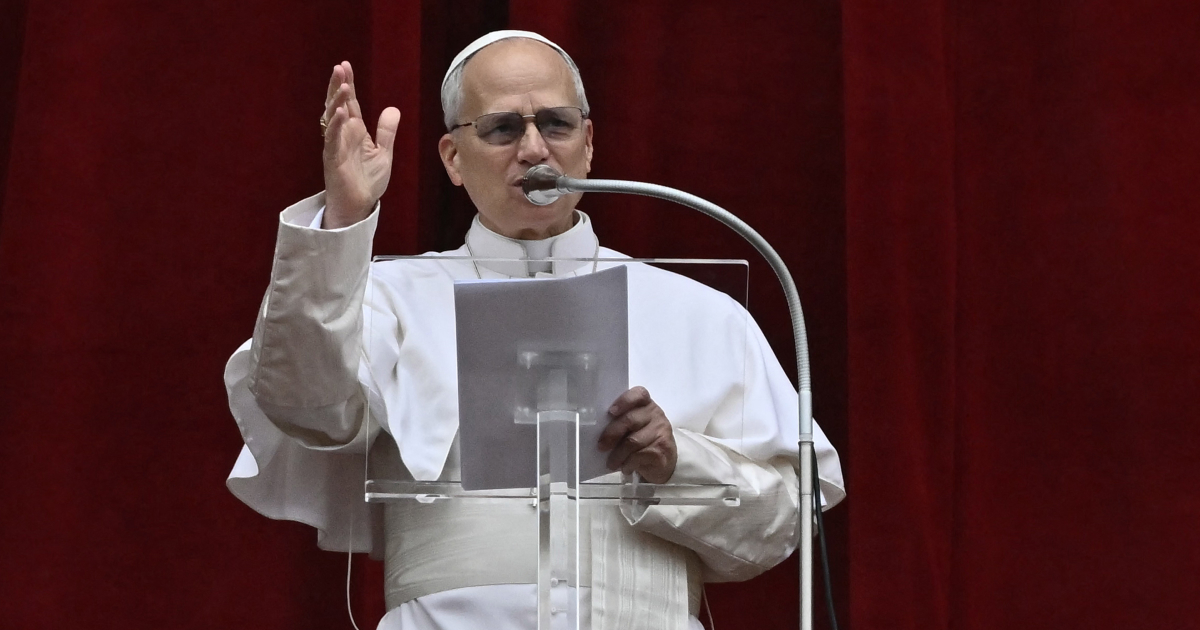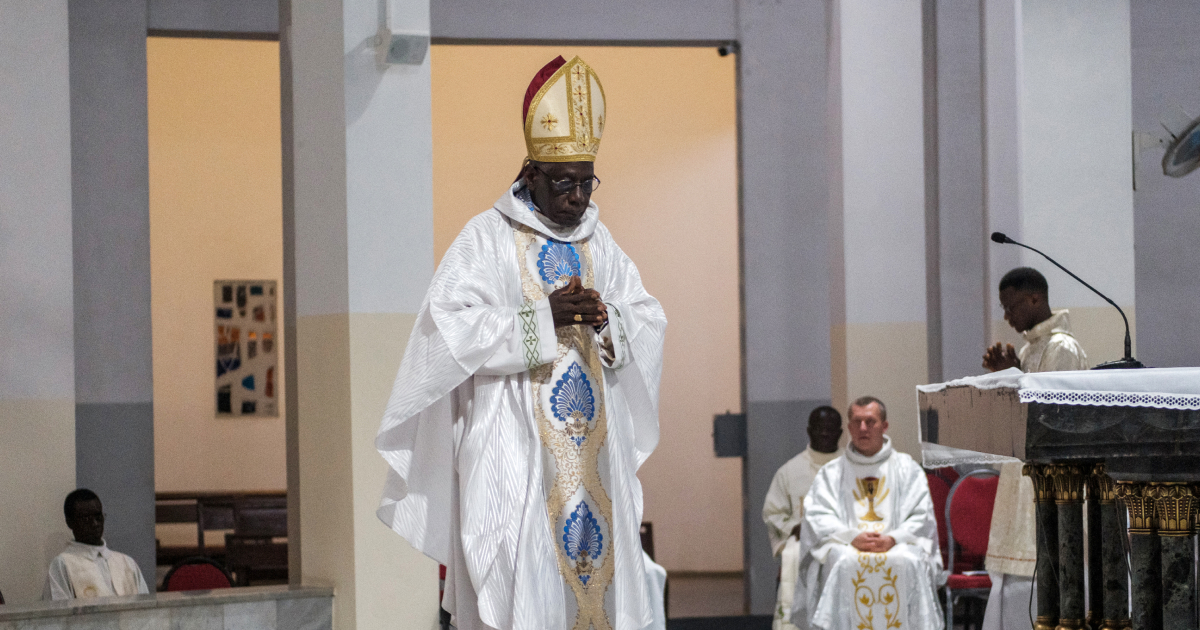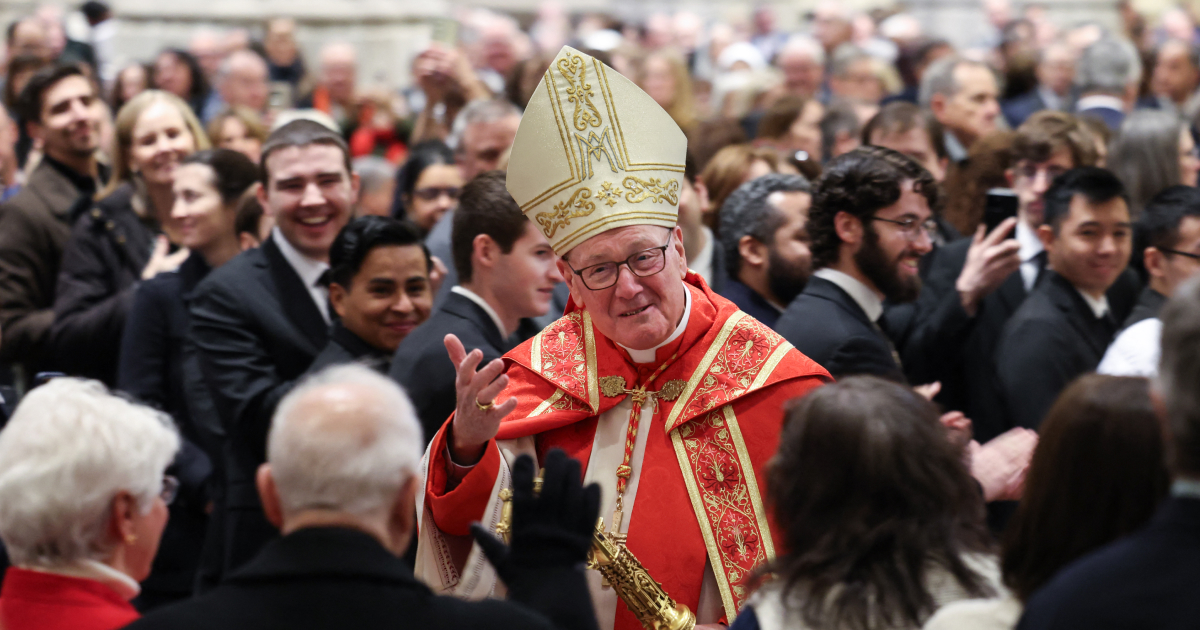Bioethicists have severely criticised a “truly sinister” government impact assessment of the assisted suicide Bill for focusing on the money that might be saved from doctors helping patients to kill themselves.
The Oxford-based Anscombe Bioethics Centre, which serves the Catholic Church in the UK and Ireland, also criticised the government for underestimating the numbers of people who would die from assisted suicide if Labour MP Kim Leadbeater’s Terminally Ill Adults (End of Life) Bill became law.
The centre conducted an analysis of an impact statement by the Department of Health and Social Care and a second produced jointly by the department with the Ministry of Justice.
It also studied a memorandum from the two departments on whether the Terminally Ill Adults (End of Life) Bill, which has reached Report Stage in the House of Commons, would be compatible with the European Convention on Human Rights.
In the first of its impact assessments, the Government concluded that if assisted suicide became legal in England and Wales, more than 4,500 patients each year would initially commit suicide with the assistance of medics.
Although it would cost millions of pounds to establish assisted suicide infrastructure – including the creation of a new quango, the Voluntary Assisted Dying Commission - government accountants believe about £90 million could nevertheless be saved in the first decade, with £59.6 million shaved off NHS expenditure and state pension payments reduced by £18.3 million.
But Anscombe said in its analysis that the projections were flawed because they focus almost exclusively on the example of assisted suicide in the United States and neglect New Zealand, Australia and Canada.
“The United Kingdom is closer to these Anglophone Commonwealth countries in its healthcare systems and societal norms than it is to the United States,” it said. “On the model of these countries, the potential numbers seeking death under the Bill could be far higher than is estimated.”
The “main flaw” of the impact assessments was not, however, the underestimation of numbers of deaths but the decision “to measure financial costings without measuring benefit and disbenefit”.
“This effectively sets no value on protecting life but measures the impact of policy only by financial costs and cost reductions,” Anscombe said.
“The costs reductions it identifies are not because people could live without the proposed spending or could live with cheaper alternatives, but are because they are dead.
“Dead people do not utilise healthcare or receive care from local authorities, or benefits from the state.
“The implementation of the Bill would cost millions, but over time it could pay for itself by ending people’s lives.”
Anscombe said the Government has set down “in black and white estimates for how much money the NHS could save, and local authorities and the exchequer could save, if only patients died earlier”, adding: “It is truly a sinister document.”
A consequence of framing death as cost reduction is the reinforcement of “the pernicious belief that those receiving care are a burden to society”, it continued. “This idea is one that can result in indirect pressure on a person to end their life.”
Prof. David Albert Jones, director of Anscombe, said: ‘While disabled people are facing cuts and the country is facing economic uncertainty, it is deeply concerning that the Government could frame the intentional ending of patients’ lives as a way to save money.
“At the same time, the impact assessment shows that, in the short term, the implementation of the Bill would cost millions that could otherwise be spent on improving NHS services.
“With so much being spent initially there would be an obvious financial incentive to encourage increasing numbers of patients to use the opportunity to die sooner than they might have.
“This impact assessment shows vividly the threat that this Bill poses to vulnerable people.”
A Report Stage debate that began in mid-May will continue on June 13 with a decisive Third Reading vote on either the same day or a week later on June 20.
At least six MPs who voted for the Bill at Second Reading have indicated that they will withdraw their support amid unsatisfied public safety concerns.
Other MPs are considering reversing their votes giving rise to hopes that the Bill might be defeated since only about a further 20 opposing votes are required to halt its progress.
The bishops of England and Wales are vigorously opposed to the Bill, describing it as “deeply flawed”, and have urged Catholics to write urgently to their MPs ahead of the Third Reading vote to demand that they reject it.
(Photo by Leon Neal/Getty Images)
Bioethicists have severely criticised a “truly sinister” government impact assessment of the assisted suicide Bill for focusing on the money that might be saved from doctors helping patients to kill themselves.
The Oxford-based Anscombe Bioethics Centre, which serves the Catholic Church in the UK and Ireland, also criticised the government for underestimating the numbers of people who would die from assisted suicide if Labour MP Kim Leadbeater’s Terminally Ill Adults (End of Life) Bill became law.
The centre conducted an analysis of an <a href="https://www.gov.uk/government/publications/terminally-ill-adults-end-of-life-bill-impact-assessment"><mark style="background-color:rgba(0, 0, 0, 0)" class="has-inline-color has-vivid-cyan-blue-color">impact statement by the Department of Health and Social Care </mark></a>and a second produced jointly by the department with the Ministry of Justice.
It also studied a memorandum from the two departments on whether the Terminally Ill Adults (End of Life) Bill, which has reached Report Stage in the House of Commons, would be compatible with the European Convention on Human Rights.
In the first of its impact assessments, the Government concluded that if assisted suicide became legal in England and Wales, more than 4,500 patients each year would initially commit suicide with the assistance of medics.
Although it would cost millions of pounds to establish assisted suicide infrastructure – including the creation of a new quango, the Voluntary Assisted Dying Commission - government accountants believe about £90 million could nevertheless be saved in the first decade, with £59.6 million shaved off NHS expenditure and state pension payments reduced by £18.3 million.
<a href="https://www.bioethics.org.uk/research/euthanasia-assisted-suicide-papers/ending-life-as-cutting-costs-analysis-of-the-impact-of-the-terminally-ill-adults-end-of-life-bill-i-professor-david-albert-jones/"><mark style="background-color:rgba(0, 0, 0, 0)" class="has-inline-color has-vivid-cyan-blue-color">But Anscombe said in its analysis </mark></a>that the projections were flawed because they focus almost exclusively on the example of assisted suicide in the United States and neglect New Zealand, Australia and Canada.
“The United Kingdom is closer to these Anglophone Commonwealth countries in its healthcare systems and societal norms than it is to the United States,” it said. “On the model of these countries, the potential numbers seeking death under the Bill could be far higher than is estimated.”
The “main flaw” of the impact assessments was not, however, the underestimation of numbers of deaths but the decision “to measure financial costings without measuring benefit and disbenefit”.
“This effectively sets no value on protecting life but measures the impact of policy only by financial costs and cost reductions,” Anscombe said.
“The costs reductions it identifies are not because people could live without the proposed spending or could live with cheaper alternatives, but are because they are dead.
“Dead people do not utilise healthcare or receive care from local authorities, or benefits from the state.
“The implementation of the Bill would cost millions, but over time it could pay for itself by ending people’s lives.”
Anscombe said the Government has set down “in black and white estimates for how much money the NHS could save, and local authorities and the exchequer could save, if only patients died earlier”, adding: “It is truly a sinister document.”
A consequence of framing death as cost reduction is the reinforcement of “the pernicious belief that those receiving care are a burden to society”, it continued. “This idea is one that can result in indirect pressure on a person to end their life.”
Prof. David Albert Jones, director of Anscombe, said: ‘While disabled people are facing cuts and the country is facing economic uncertainty, it is deeply concerning that the Government could frame the intentional ending of patients’ lives as a way to save money.
“At the same time, the impact assessment shows that, in the short term, the implementation of the Bill would cost millions that could otherwise be spent on improving NHS services.
“With so much being spent initially there would be an obvious financial incentive to encourage increasing numbers of patients to use the opportunity to die sooner than they might have.
“This impact assessment shows vividly the threat that this Bill poses to vulnerable people.”
A Report Stage debate that began in mid-May will continue on June 13 with a decisive Third Reading vote on either the same day or a week later on June 20.
At least six MPs who voted for the Bill at Second Reading have indicated that they will withdraw their support amid unsatisfied public safety concerns.
Other MPs are considering reversing their votes giving rise to hopes that the Bill might be defeated since only about a further 20 opposing votes are required to halt its progress.
The bishops of England and Wales are vigorously opposed to the Bill, describing it as “deeply flawed”, and <a href="https://www.cbcew.org.uk/cardinal-assisted-suicide-pastoral-letter/"><mark style="background-color:rgba(0, 0, 0, 0)" class="has-inline-color has-vivid-cyan-blue-color">have urged Catholics to write urgently to their MPs ahead of the Third Reading vote</mark></a> to demand that they reject it.
<em>(Photo by Leon Neal/Getty Images)</em>





